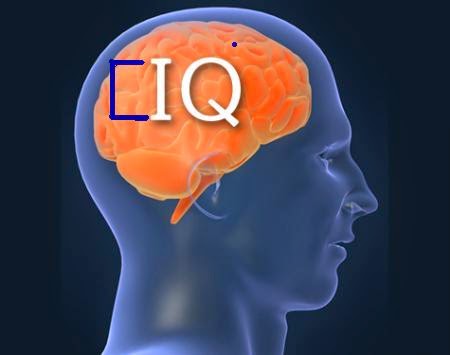When a footballer plays his first match, he is using 100% of the knowledge and skills that he has gained while getting trained in playing football. So too other sportsman. Even musicians, who perform on the stage for the first time, use 100% of the content and methods that they have got trained on. But this is not true for knowledge professionals like Engineers, Accountants, Doctors, Designers, Consultants, Trainers, Researchers and Entrepreneurs.
Knowledge professionals get trained with lot of generic firepower. For instance, an engineer will learn a lot about different subjects, technologies and generic concepts. A civil Engineer, for instance, while graduating will learn about building dams, bridges, houses, roads and what not. But when he starts his first job, he will typically be working in one area, say bridges and so use his knowledge of 'bridges' in the job. Of course, he also uses the basic concepts of science that he has learnt in graduation, such as tensile strength , foundations, and compression strength, although he uses them in specific area of 'bridge construction' ( and not as scientist uses them).
The same is true for any other graduate, be it commerce graduate, Arts graduate or English graduate. A graduate uses limited amount of subject knowledge plus some specific concepts in his first job. As a guess estimate, most of the graduates in their first job, use 5% to 10% of the content learnt while getting trained as a graduate.
To borrow an analogy from sports, most of the knowledge professionals get trained as an athlete for 4 years, but at the end of 4 years, are told to chose only one game: football, cycling, squash or some other sport. How does this affect the achievement potential of knowledge professionals as compared to achievement potential of sportsman and musicians?
Professional's potential of Work-achievement remains unfulfilled
Unlike a footballer or musician, knowledge professional typically make 3 common mistakes that prevents him from achieving big results in his work:
1. A footballer wants to play his first match quickly while a knowledge professional will keep on delaying his first job until it is 'right'. I had met an Engineering graduate who passed in 2010.He did not get the 'right' job in the first year. So he did Management for two years. He got a job, but was unhappy with the job. So once again he left after five months to give the MPSC exam. He is still trying to get his first 'right' job.
Work is the place where graduates achieve their goals. A footballer will never delay in getting inside the match arena, but the knowledge professional will keep on delaying in getting inside his work-arena. By delaying their entry in the work arena, the knowledge professionals are delaying the start of their achievement cycle. They are not aware of this fundamental rule of achievement.
2 Unlike a footballer, the graduate keeps on changing jobs for wrong reasons:When a footballer fails in the match, he looks at his 'flaws' and tries to correct them. He deepens his 'result producing skills' because he is committed to his work-path of football. On the other hand, a knowledge professional changes his work-path too quickly. Instead of finding a way to produce results on his chosen path, he quickly quits his work-path. I met an Engineer changing 3 jobs in unrelated fields in 4 years: Maintenance Engineer to BPO to Bank.
A graduate keeps on changing jobs as he compares his salary with his friends. A footballer never does this. A footballer focuses on producing results; because he is aware that money will follow if he produces results. A knowledge professional sacrifices his long term achievement because he cannot control his aspirations. He breaks the second fundamental rule of achievement.
3. Single achievement makes the professional jump from one job to another for small gains: A football player knows that winning one match is not enough. If he has to sustain his achievement, he must constantly produce results in different conditions: when his team is down, when a new team member arrives as replacement, when he has to perform with injury, when he is playing in the final crunch match, when the rain is falling during the match and so on. He keeps on honing his result-producing skill.
A professional, on the other hand, makes the mistake of encashing his achievement immediately. Instead of chasing work achievement, he keeps on chasing positions and salary increases. He keeps on changing his performance system - his job, his team and his boss - thus making it more and more difficult to achieve anything meaningful. Instead of practicing and honing his result-producing skill, he develops the defensive skills necessary to survive : the skill of appeasing bosses, taking credit which is not his, using his power to dominate others in the team, finding people or situations to blame for poor results and using his communication skill to keep others on the defensive.
Summary
A professional's tool of work-achievement is only by honing the skill of producing results in a job, under varying and difficult conditions of team composition, nature of boss, industry related factors and other work-pressures. But a professional is neither trained in building this skill like a footballer or musician. Nor he allows himself enough time to get trained ( to develop this skill), because he is ignorant of the rules of achievement. A graduate is really unlucky in that sense. He has to depend on himself to 'achieve'.





